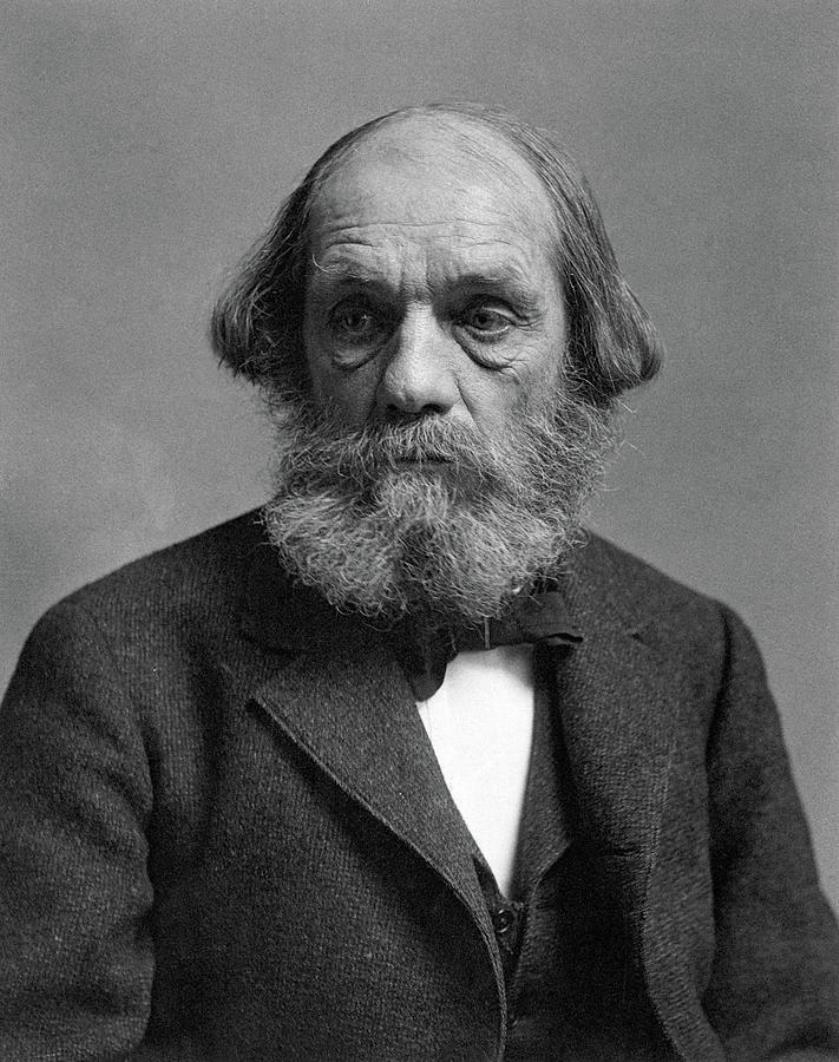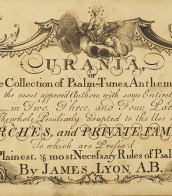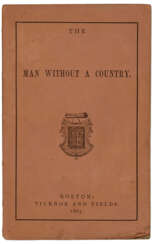эдвард эверетт хейл (1822 - 1909)

Edward Everett Hale was an American clergyman, preacher and writer, abolitionist and pacifist.
Hale demonstrated outstanding literary ability from an early age. He went to Harvard College and became a minister and preacher. Grandnephew of Revolutionary hero Nathan Hale and nephew of orator Edward Everett, Hale worked for his father's newspaper, the Boston Daily Advertiser. And for 70 years he never stopped writing newspaper articles, historical essays, short stories, pamphlets, and sermons for the North American Review, The Atlantic Monthly, and the Christian Examiner. From 1870 to 1875 he published and edited the Unitarian magazine Old and New.
Hale wrote several novels, of which the most popular were East and West (1892) and In His Name (1873). Hale's most famous novel, A Man Without a Country, first published in The Atlantic Monthly in 1863, was written to evoke patriotism during the Civil War. It is a political fable about a man who renounces his American citizenship and greatly regrets it.
Many of Hale's 150 books and pamphlets were tracts in support of the ideas of Negro education, worker's housing, and world peace. The moralistic novel Ten Times One is Ten (1871) was the impetus for the organization of several youth groups.
In 1847, Hale was elected a member of the American Antiquarian Society and remained a member for the rest of his life. A 10-volume collection of Edward Hale's writings was published between 1898 and 1900. In 1903 he was appointed chaplain of the United States Senate and joined the Literary Society of Washington. The following year he was elected a member of the Academy of Arts and Sciences.


